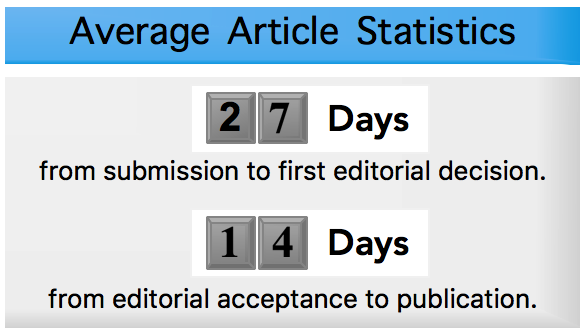Downloads
Abstract
Tra Vinh province is one of the coastal provinces in the Mekong Delta, which is greatly influenced by the tidal regime of the sea and main rivers such as the Tien and Hau rivers. In addition, surface water resources are increasingly contaminated with salt and polluted due to natural conditions and human economic activities. In addition, groundwater resources have played a major role in providing fresh water for daily life and the people's economic activities. However, with complex hydrogeological characteristics (distribution of pale surface between aquifers) that has made the design of exploitation well systems not synchronized, the awareness of the use of water resources of the country has not been achieved. The population is not high, leading to an unreasonable arrangement of exploitation wells between aquifers and between areas, causing the water level in the province to decrease, salinization in exploitation wells. increasingly widespread. All these factors can be seen that this resource is being managed and used unsustainably, so the research team wants to synthesize data on exploitation, monitoring, use, and policies. policies, planning, management organization, and the level of knowledge of people in the area to comprehensively assess the sustainability of groundwater resources. Research results show that there is a difference in the number of assessment scores in Tra Vinh province that reflect the level of socio-economic development of each area. Based on the selected set of criteria, the research team has assessed that the level of management of groundwater resources in Tra Vinh province is "highly sustainable" through 5 evaluation criteria of the sustainability index: (1) “Pressure on groundwater resources” average score of 41.9/60; (2) "Knowledge management" assessment scores in the whole province, the score in this criterion is quite high, the average score is 41.4/50; (3) “Policies & Laws” index average score is 28.4/30; (4) “Stakeholder involvement” Average score is 26/40; (5) “Organization & Capacity” average score is 30/40. The results of this study will help managers have an overview of the picture of groundwater in the province, thereby taking zoning measures, more reasonable exploitation planning, and people. It will also raise awareness of the use of water resources in scarce areas.
Issue: Vol 4 No SI3 (2021): Special Issue SI3: Earth Resources and Sustainable Ennergy
Page No.: SI96-SI106
Published: Nov 4, 2021
Section: Research article
DOI: https://doi.org/10.32508/stdjet.v4iSI3.842
PDF = 443 times
Total = 443 times
 Open Access
Open Access 








